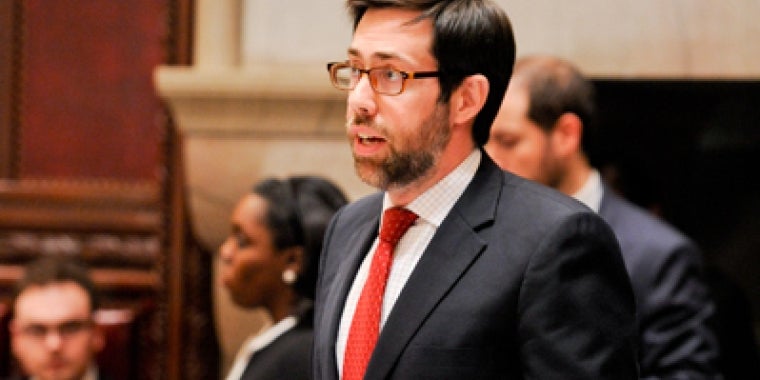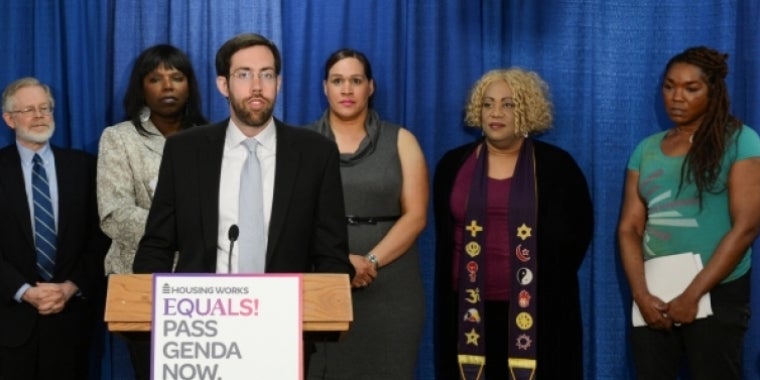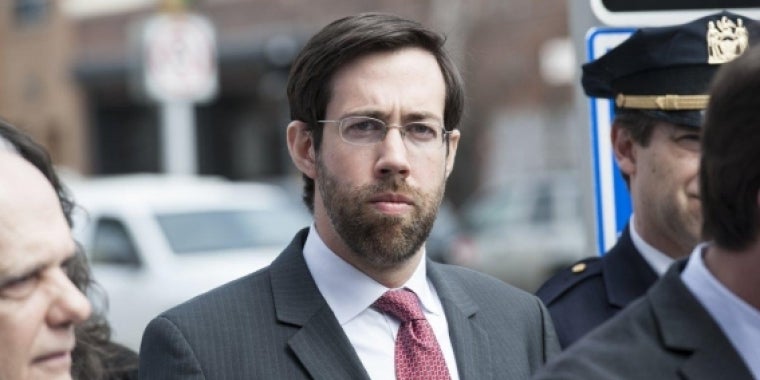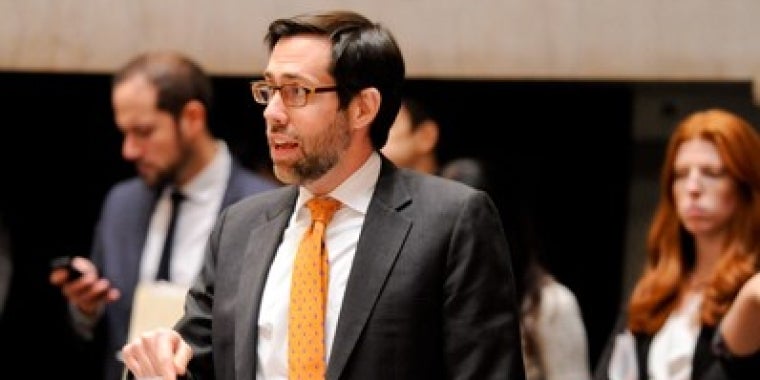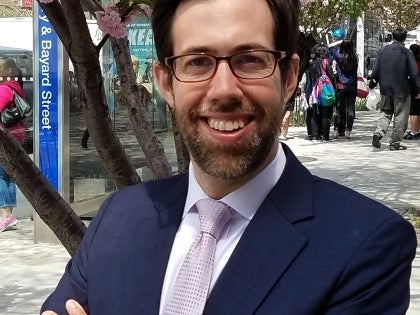
Senate G.O.P. Blocks Stronger Albany Ethics Rules
By Danny Hakim and Nicholas Confessore
Feature article in The New York Times
ALBANY— Republicans in the State Senate blocked a plan to overhaul the state’s ethics laws Thursday night, the latest blow to attempts to reform New York’s scandal-prone government.
he vote was taken at a special session of the State Senate as lawmakers also returned to the capital to confirm new leaders for the Metropolitan Transportation Authority and the state Insurance Department.
But lengthy debate over two ethics bills, the most closely watched legislation during the daylong session, delayed consideration of a host of relatively uncontroversial bills, from legislation that would increase pay for some county clerks to a measure that would require ignition interlocks in the cars of convicted drunken drivers.
After the defeat, Austin Shafran, a Democratic spokesman, said: “Republicans just don’t get it. New Yorkers want reform, and Republicans are unwilling to provide it.”
But Dean G. Skelos, the Senate Republican leader, blamed Democrats for introducing a bill that he described as a “poison pill to prevent passage of much-needed ethics reform.”
Lawmakers had been seeking to revamp the Commission on Public Integrity, which regulates ethics rules for the executive branch and enforces lobbying laws. The commission has been beset by scandal, culminating with a scathing report released in May by the state inspector general, Joseph Fisch, that denounced the commission and its former executive director over their handling of an investigation into the Spitzer administration.
The Senate package included steps that would have toughened oversight of the Legislature, which currently undergoes no meaningful ethics supervision. Such steps faced stiff resistance within both houses of the Legislature. The bills also would have created a new entity to enforce campaign finance laws, an area of regulation that is currently full of loopholes, and the state’s Board of Elections, widely derided as dysfunctional.
“Right now when we are in the streets and when we’re in our communities, we are not looked at very highly,” Senator John L. Sampson of Brooklyn, the leader of the Senate Democrats, said during the debate, imploring Republicans to support the bill. “We need to restore the honor and dignity back to this chamber.”
But Republicans argued that a new nine-member panel with the power to choose the director of a new campaign finance enforcement unit would be dominated by Democrats, since Democrats hold all statewide offices at the moment and those officers would appoint most of the members of the panel.
“I don’t think we should be establishing a hit unit of nine people,” said Senator Frank Padavan, a Queens Republican. “We have a Star Chamber arrangement here,” he added. “It’s not democratic, it’s not bipartisan, and it creates potential problems that the people of New York don’t need.”
Democrats, who narrowly control the Senate, 32 votes to 30, were hindered Thursday by the absence of Senator Brian X. Foley of Long Island, whose father died this week. One Republican was also absent during the vote.
In the end, the Senate voted down one of the two ethics bills they were considering, 31-29, along party lines. They did not take up a second ethics bill that had been on the agenda.
Senator Daniel L. Squadron of Brooklyn, a freshman Democrat who helped prepare the package, called its failure “shocking and disappointing.”
Ethics legislation was among a number of weighty issues delayed by an attempted takeover of the Senate by Republicans that blocked state business for much of the summer.
After Thursday night’s vote, there was some hope that the legislation could be revived if lawmakers from both houses return to Albany later this year, as expected, to close a budget deficit of more than $2 billion.
Earlier this year, government watchdog groups pressed to have all ethics and lobbying oversight combined into a single commission that would oversee both the executive and legislative branches. Board members would have been appointed by a variety of political leaders to avoid giving any one official undue influence.
But Assembly Speaker Sheldon Silver, the Legislature’s most powerful Democrat, rejected that plan. Instead, he proposed a measure that would split the Commission on Public Integrity into separate ethics and lobbying commissions, an arrangement that existed two years ago. Mr. Silver’s Assembly bill would keep in place an existing legislative ethics commission, but would create a new office of investigation with its own board; all of its members would be appointees of the legislative leaders.
A bill identical to Mr. Silver’s was sponsored in the Senate by Mr. Squadron, but that measure, on its own, was not seen as sufficient by some government watchdogs. So Democrats held a vote on a second bill that was meant to bolster Mr. Silver’s original bill. The second bill failed to pass, and Democrats shelved the original bill.
Government watchdog groups expressed dismay over the current state of ethics in Albany.
“If nothing happens, legislative ethics will continue to go unenforced, campaign finance law will be essentially not enforced, and you have the mortally wounded Commission on Public Integrity,” said Blair Horner, legislative director of the New York Public Interest Research Group. “That’s a status quo that should not stand.”
